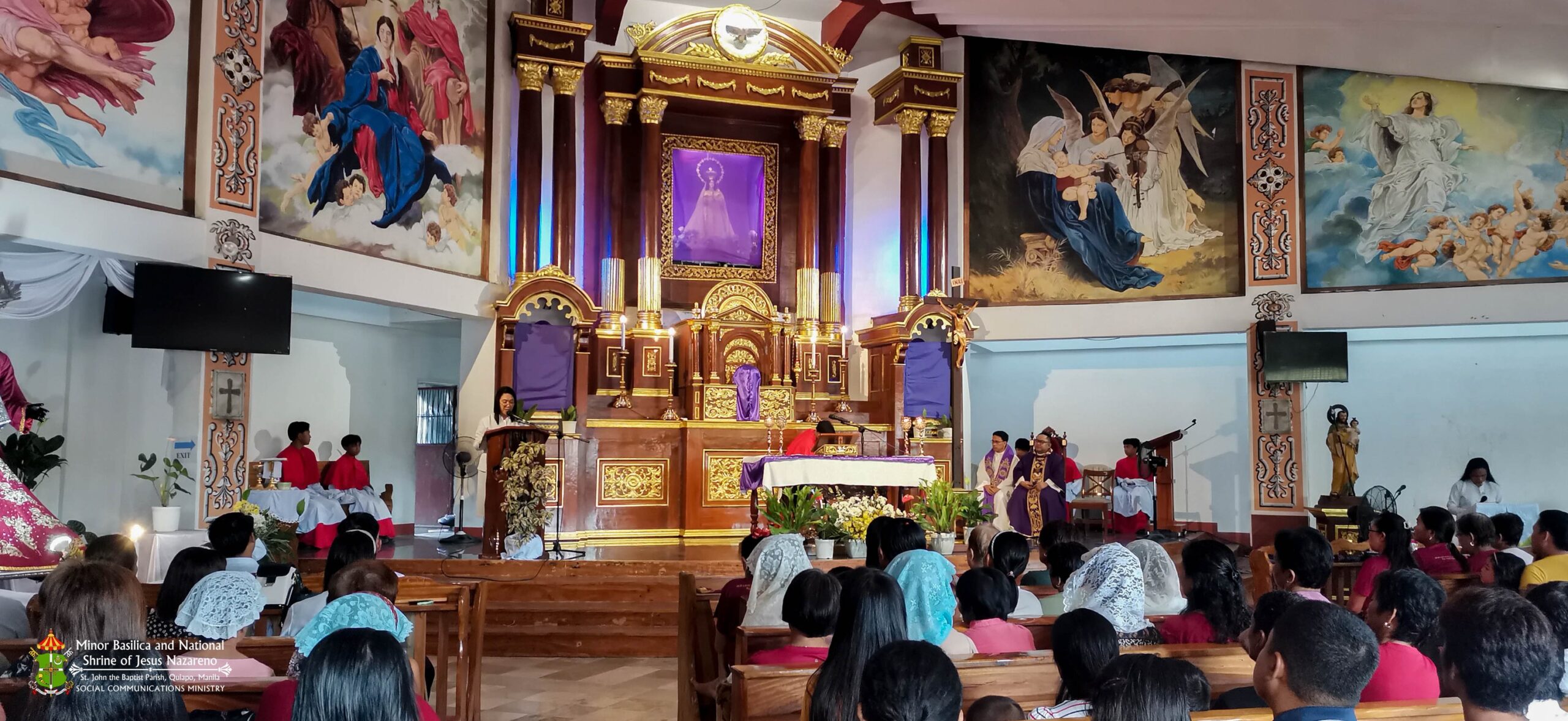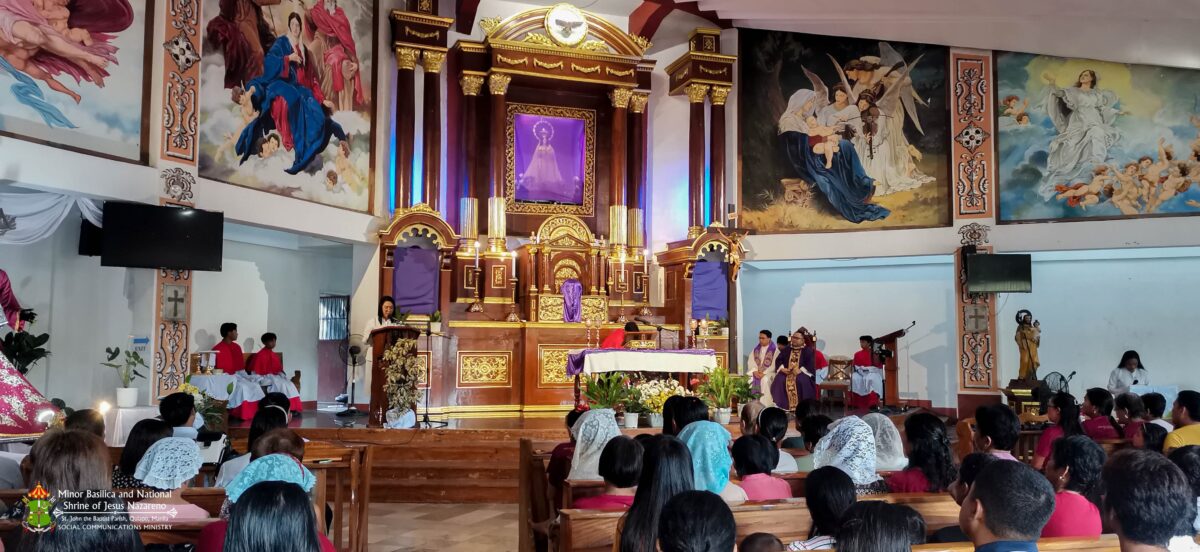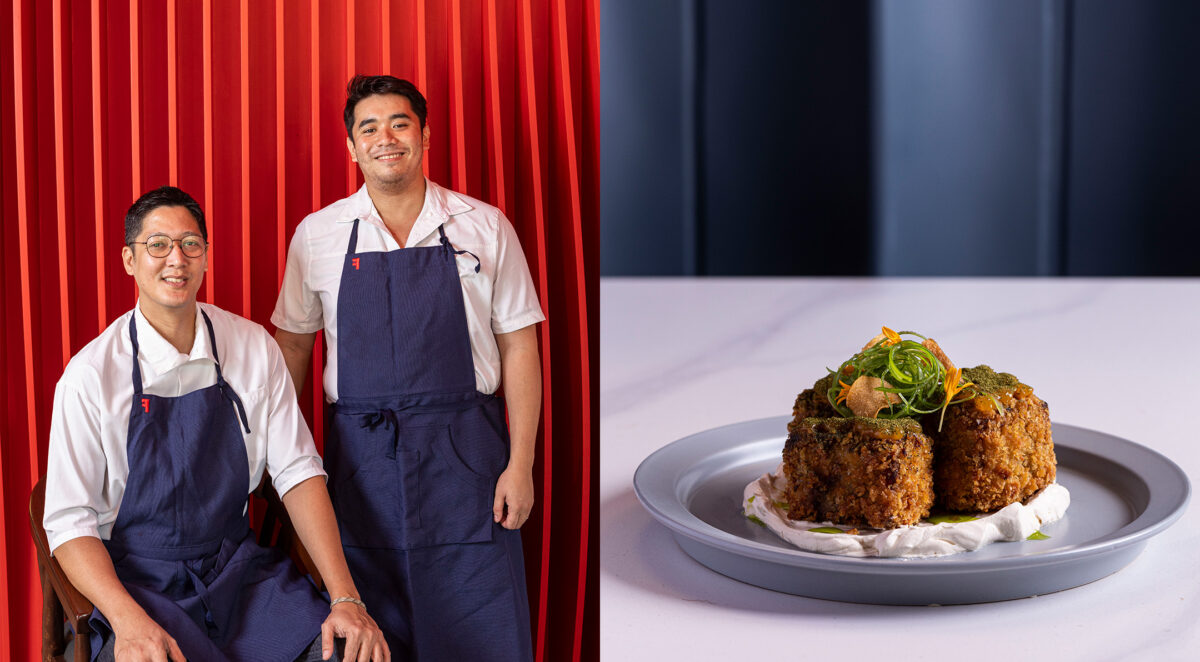Winning in the Carlos Palanca Memorial Award for Literature is a dream for many writers, getting them validation for their talent and hard work, as well as opening doors for new opportunities.
The results don’t end there, as the country’s longest-running and most prestigious literary competition also encourages all participants, not just winners, to nurture and develop Philippine literature.
“With the Palanca Awards, originality of imagination will always find new ways of taking the side of humanity, with empathy eventually guiding readers forward, towards enlightenment,” said Criselda “Dang” Cecilio Palanca in her speech at the 72nd edition’s awards ceremony held on Nov. 22 at the Philippine International Convention Center in Pasay City.
She spoke as a representative of the Carlos Palanca Foundation, which started the competition in 1951 in honor of businessman and philanthropist Carlos Palanca Sr.
Playwright Miguel Antonio Alfredo V. Luarca gets to enlighten not just readers but also theatergoers as some of his past prize-winning works have been produced on stage. These include “Mga Kuneho” (2013) and “Bait” (2016) for The Virgin Labfest, and “Door” (2023) for Tanghalang Ateneo, where he works as artistic director.

This year, he won three awards: first prize in Full-Length Play (English Division) for “Corridors,” second place in Dulang Ganap ang Haba (Filipino Division) for “Ardor,” and second place in One-Act Play (English Division) for “The Impossible Dream.”
Having achieved the required five first-prize wins, Luarca has been elevated to the Hall of Fame.
When asked by Lifestyle for writing tips, Luarca echoed what he had learned from his professor while taking up his MFA in Playwriting at Hunter College in New York, USA: “Write past the point of exhaustion because only then will you start writing truthfully.”
Writing tips
For Serafin I. Plotria Jr., who won first prize in Short Story-Hiligaynon (Regional Languages Division) for “Ang Liwat nga Paglupad ni Lolo,” writing in his native language is his way of promoting it.
The radio announcer from Bacolod rues the lack of literary materials in Hiligaynon, so he writes exclusively in that language, which is widely used in the Western Visayas region, whenever he joins the Palanca.
His reminder to fellow writers: “Authenticity in writing. Write what’s in your heart and mind. Be truthful.”

When Lancelot MJ T. Edillor, 17, decided to join the Palanca after being inspired by a judge in the inter-city writing tilt he had won in, he didn’t tell a soul about it. He only let the secret out to his family and friend the moment he received an email confirming him as the third prize winner in Kabataan Sanaysay (Filipino Division) for “Bura, Sulat.”
Edillor would like to tell his fellow young writers to not stop writing. He explained, “It takes practice, but if you keep reading and honing your talent, you’ll eventually get to where you want to be. It can be sa school n’yo lang, sa city. But once you actually do better, you’ll get to the national level.”
Lioba Asia E. Piluden, first prize winner in Essay (English Division) for “Ghost-hunting in Sagada,” lamented that only a handful of female writers won in this year’s edition of the Palanca. There were only 13, compared to 41 male winners.
The literature teacher from Baguio hopes that more women will win in the coming years. As for her experience, she said, “It’s not winning the Palanca that shocks me, it’s the first prize. I thought my writing would only appeal to my circle in Baguio.”

She went on sharing a writing tip she herself follows: “Read your contemporaries. When I read the works of my contemporaries, I get inspired.”
Gawad ng Dangal ng Lahi awardee Jun Robles Lana, who was elevated to the Hall of Fame in 2006, encourages aspiring writers to find their passion. “Write stories that represent who they are and say something about the community they represent. It’s about being truthful.”
The writer and filmmaker added, “If writing gives you joy, you don’t have to join the Palanca. Just write and write.” INQ












































